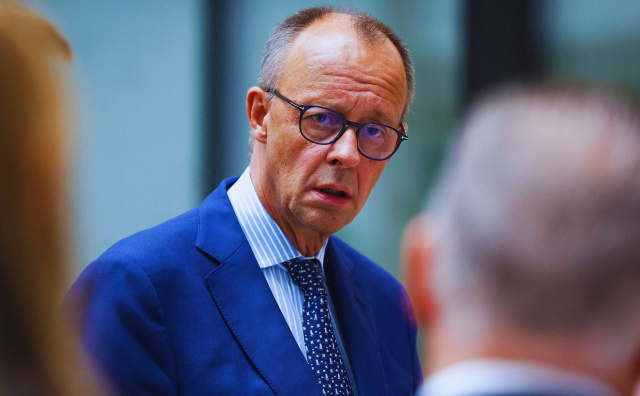
For the first time, the right-wing “Alternative for Germany” (AfD) has overtaken the conservative CDU/CSU bloc in a nationwide opinion poll, according to figures released today by the YouGov institute, cited by DPA.
The survey shows AfD rising by two points compared to August, now at 27% support. Meanwhile, Chancellor Friedrich Merz’s Christian Democrats and their Bavarian allies, the Christian Social Union, dropped one point to 26%. Pollsters note this is the first time AfD has taken the lead in a YouGov poll, marking a symbolic moment in the shifting German political landscape.
In other recent polls, AfD has generally trailed or tied with the conservatives, but today’s result suggests the party has consolidated gains among disaffected voters. If elections were held this Sunday, the ruling Social Democrats (SPD) would secure 15%, a modest one-point increase. The Greens remain steady at 11%, while the Left Party slipped one point to 9%. Support for the new populist “Sahra Wagenknecht Alliance” (SAW) holds at 5%, while the liberal Free Democrats (FDP) remain at 4%, below the threshold to re-enter parliament. The survey, conducted between September 12 and 15, included 1,649 respondents.
The release of the poll coincided with Chancellor Friedrich Merz’s speech in the Bundestag, where he declared the start of an “autumn of reforms.” Merz argued that Germany faces fundamental questions, not minor adjustments, stressing that the country must decide “how we live, how we live together, how we work, how we grow our economy, and whether our values will remain viable.”
The chancellor identified three pressing challenges: the erosion of freedom and a growing sense of insecurity among citizens; pressure on Germany’s export-driven economic model from rising protectionism; and domestic as well as external forces undermining democracy by sowing division.
Merz insisted that his government is united in its determination to confront these threats: “We will preserve our freedom, we will defend our prosperity, and we will safeguard the cohesion of our society,” he declared during the budget debate.
He also addressed the war in Ukraine, reiterating that peace must not come at the cost of Kyiv’s territorial integrity. Any concession, he warned, would embolden Vladimir Putin to target another country.



